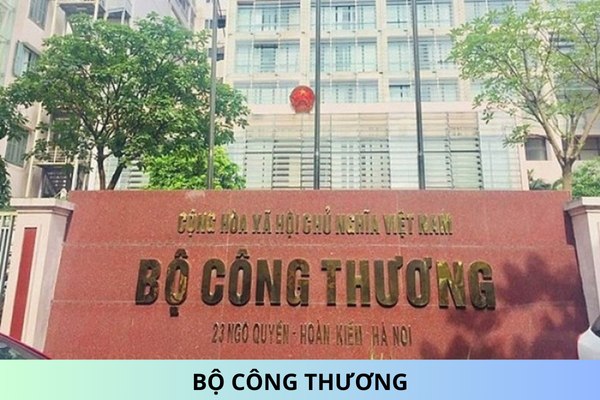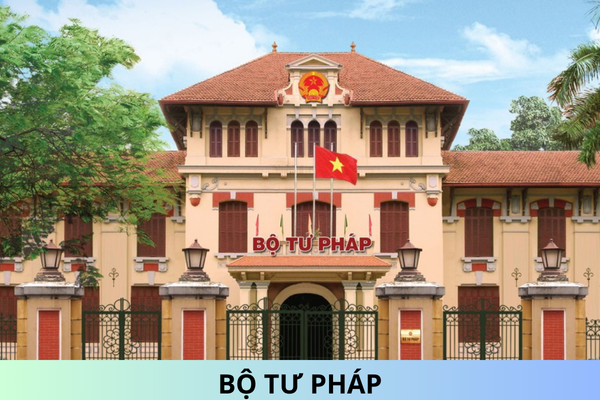Vietnam: What are the responsibilities and duties of companies for militia and self-defense forces from July 01, 2020?
1. What are the responsibilities and duties of companies for militia and self-defense forces from July 01, 2020 in Vietnam?
Under Article 14 of Circular 29/2020/TT-BQP, the responsibilities and duties of companies for militia and self-defense forces in Vietnam are as follows:
1. Responsibilities
Be responsible before the law, party committee (branch), commander, political commissar of higher levels, and own party committee (branch) for the establishment, training, and activities of the militia and self-defense forces under their command.
2. Duties
- Command the militia and self-defense forces under their command to implement the policies and directions of the Communist Party of Vietnam, the policies, laws of the State, the leadership resolutions of the party committee (branch), the management and administration of local People's Committees or the party committee (branch), the head of agencies, organizations; the directives, orders of the higher level commander according to the management hierarchy;
- Have a thorough understanding of all matters, develop plans, submit for approval to the competent authority; organize the implementation of tasks for establishment, training, combat-readiness activities, combat, combat support, civil defense, and policies of the militia and self-defense forces under their command;
- Register, manage, and understand the political situation, ideology, work abilities, and capacities of commanders and militia soldiers under their command;
- Commanders in chief of battalions, naval squadrons, companies, flotillas cooperate with political commissars of the same level to carry out party work, political work for their units;
- Inspect, coordinate inspections, conduct preliminary, final reviews, and report as required.
2. What are the responsibilities, duties, and work relationships of political commissars of squads, naval commanders in chief, political commissars of companies, and political commissars of flotillas in Vietnam?
According to Article 14 of Circular 29/2020/TT-BQP, the responsibilities, duties, and work relationships of political commissars of squads, naval commanders in chief, political commissars of companies, and political commissars of flotillas in Vietnam are as follows:
1. Responsibilities
Be responsible before the law, the party committee (branch), the commander, the political commissar of higher levels, and own party committee (branch) for the party work, political work in the establishment, training, and activities of the militia and self-defense forces under their command.
2. Duties
a) Lead and direct the unit to abide by the directions, policies of the Communist Party of Vietnam, the laws of the State, the leadership resolutions of the party committees, the administration of local People's Committees or the head of agencies, organizations; the directives, orders of the higher level commander, political commissar;
b) Have a thorough understanding of all matters; preside, and cooperate with the commander of the militia unit at the same level to develop plans for party work, political work in the establishment, training, activities of the militia, submit for approval to the competent authority and organize implementation;
c) Inspect, conduct preliminary and final reviews of party work, political work, and report as required.
3. Work Relationships
a) The relationship with the higher-level party committee (branch) and own party committee (branch) is a relationship of compliance with the leadership, instruction regarding militia activities;
b) The relationship with the higher-level commander, political commissar is a superior-subordinate relationship;
c) The relationship with the political department of the local military agency at the provincial, district level is a relationship of compliance with instructions and guidance on party work, political work;
d) The relationship with the military command boards at the commune level, military command boards of agencies, organizations according to the management hierarchy is a relationship of compliance with directions, commands, and management in party work, political work;
dd) The relationship with the commander of the militia unit at the same level is a cooperative work relationship;
e) The relationship with agencies, organizations, and units stationed or operating in the area is a cooperative, coordinated work relationship;
g) The relationship with the commander of subordinate militia and self-defense forces is a superior-subordinate relationship.
We provide this information to you.
Sincerely!










